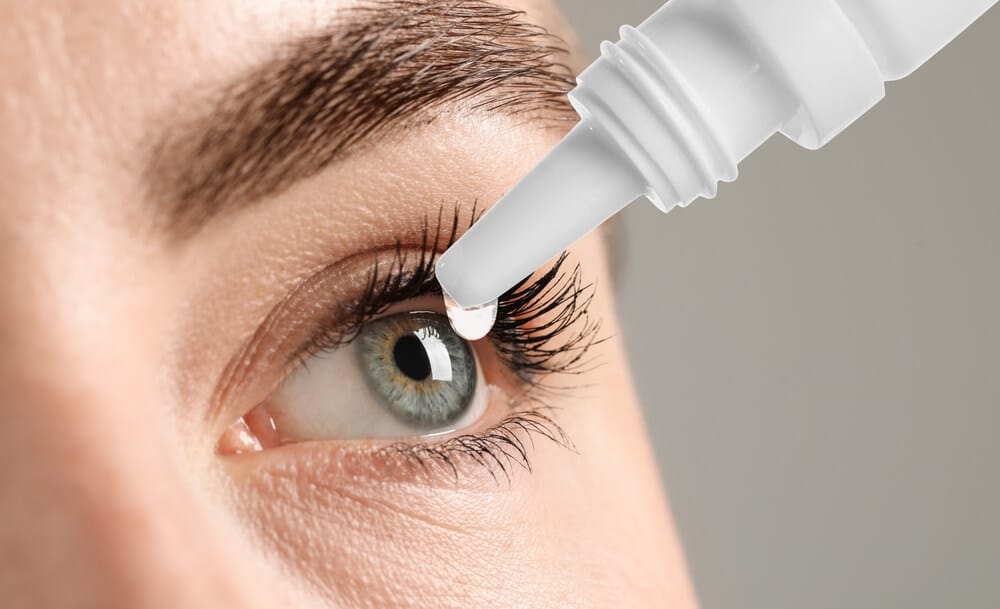Using expired medications is a common concern for many people. With eye drops being a staple in many households, it’s important to understand the risks and implications of using them past their expiration date. While it might seem harmless, using expired eye drops can lead to unexpected complications.
The Importance of Expiration Dates
Expiration dates on medications are there for a reason. They ensure that the product is effective and safe to use up until that date. Eye drops, in particular, have specific requirements due to their direct contact with the eyes. The expiration date indicates the time until which the manufacturer guarantees the product’s full potency and safety.
What Happens When Eye Drops Expire?
After the expiration date, several changes can occur in eye drops:
Decreased Effectiveness
Expired eye drops may lose their effectiveness. This can be due to the breakdown of active ingredients over time. For instance, if the drops are meant to relieve dryness or redness, using them past their prime might not provide the relief you expect.
Risk of Contamination
Eye drops often come in a bottle with a dropper tip. Once opened, this tip can become a breeding ground for bacteria if not properly stored. As the product ages, the preservatives designed to keep bacteria at bay can degrade, increasing the risk of contamination. Using contaminated eye drops can lead to eye infections or irritations.
Chemical Changes
The chemical composition of eye drops can change over time. Even if they don’t show visible signs of deterioration, the breakdown of chemicals can make the drops less effective or potentially harmful. For example, preservatives and stabilizers can break down, leading to unwanted side effects.
When Can You Safely Use Eye Drops?
While it’s generally advised not to use expired eye drops, there are a few situations where you might consider it:
Emergency Situations
In an emergency where no other options are available, using expired eye drops might be preferable to not using any at all. However, this should be a last resort, and it’s important to seek a replacement as soon as possible.
Shortly After Expiration
If the eye drops have been expired for a very short time, they might still be effective. However, this is not a guarantee. Always assess the eye drops for any changes in appearance or smell before use.
Best Practices for Storing and Using Eye Drops
To maximize the safety and efficacy of eye drops, follow these guidelines:
Store Properly
Keep eye drops in a cool, dry place away from direct sunlight. Avoid touching the dropper tip to any surface, including your eye or fingers, to minimize contamination risks.
Check for Signs of Spoilage
Before using eye drops, check for any changes in color, consistency, or smell. If you notice any of these changes, it’s best to discard the product.
Replace Regularly
Regularly check the expiration dates on your eye drops and replace them as needed. This practice ensures you’re always using fresh, effective products.
Conclusion

Using expired eye drops is not recommended due to the risks of decreased effectiveness and potential contamination. It’s crucial to be aware of expiration dates and properly store your eye drops to maintain their safety and effectiveness. If in doubt, consult with a healthcare professional for advice on eye care and medication usage. For a safe and effective solution, contact Art of Optiks today for advice on maintaining your eye health.

